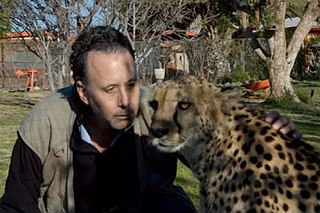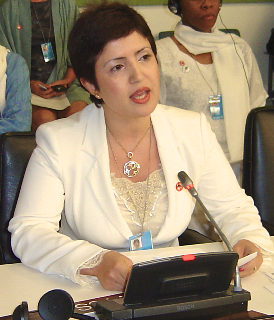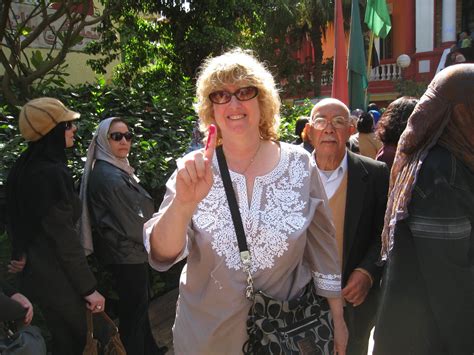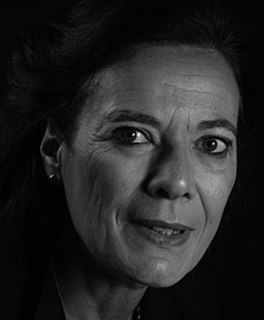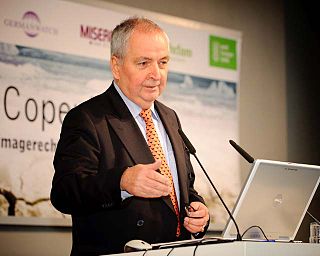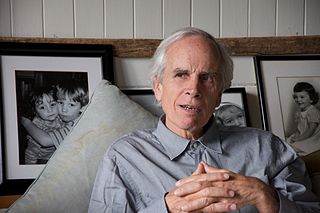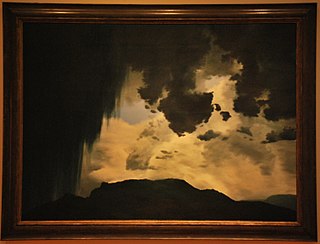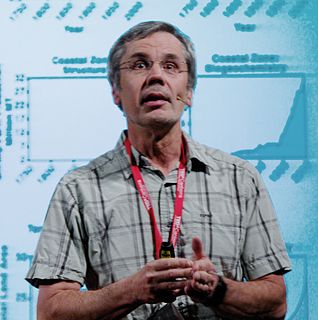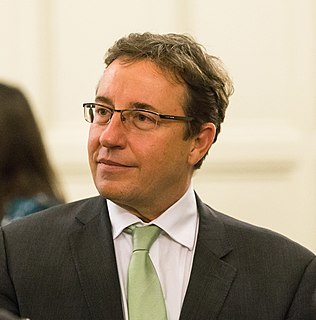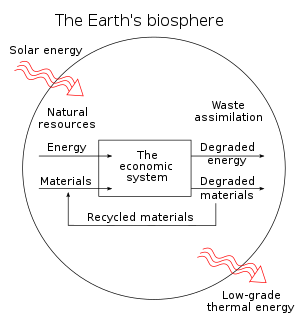Top 107 Biodiversity Quotes & Sayings - Page 2
Explore popular Biodiversity quotes.
Last updated on November 6, 2024.
First thing the developer has to do is to get an assessment of the threatened species, of the ecological values of that site. At the moment, that developer lodges an application, there's usually trade-offs, negotiations, you end up with remnant bits of land. You might end up with some other offset land that the public has to run. There's no cohesive system of then making sure that we maintain and improve biodiversity values.
When you ask about "mission" it is easy to reference a "mission statement" which, in my case, is the quest, however Quixotic, at times, to sensitize everyone I am in contact with to the miracle of life on Earth, and our sacred responsibilities to preserve, protect and revere biodiversity, at every possible juncture of our days and nights. We have very little time.
Lack of accountability weakens the environmental and health rights of citizens; it damages peace- building and reconciliation initiatives; impedes the implementation of global health policies; leads to the loss of ecosystems and biodiversity; and weakens democracy, justice, human rights, and international security.
Even if we planted a tree on every square yard available in the planet by the end of the century we would only capture at most 10 percent of the CO2 we need to reduce. This does not mean that we should not plant trees; we should, for biodiversity's sake, and for our long-term future together with the other species.
Natural species are the library from which genetic engineers can work. Genetic engineers don't make new genes, they rearrange existing ones. Speaking as World Wildlife Fund Executive Vice President, stating the need to conserve biodiversity, even plants and animals having no immediate use, as a unique repository of genes for possible future biogengineering applications.
It's worse than slave trade because what is being traded is the very knowledge that makes survival possible for 80 percent of the people of this world. These 80 percent live on the biodiversity and the knowledge they have evolved as part of a rich collective heritage involving the use of seeds for growing crops and medicinal plants for healing.
We have a very old conservation movement, particularly in the United States, which has focused on campaigns to protect endangered species: the spotted owl, the old-growth forest. But usually it stops there. To me, biodiversity is the full spectrum. Species conservation is not only about wilderness conservation. It?s also about protecting the livelihood of people even while changing the dominant relationship that humans have had with other species. In India, it?s an economic issue, not just an ecological one.
If you go from the USA - which, relative to the rest of the world, is in pretty good shape in terms of biodiversity and sustainability - to the tropics, everything gets worse. You have Indonesia, which is destroying its own forest. In West Africa there's no control whatsoever. It's a global situation. For that reason it ties in clearly with the needs and relationships of low-income countries.
Through the art of personal development, we see an opportunity for these animals to inspire compassion, essentially creating a path to deep personal growth. This program [Animal sanctuary] will deploy ISF's youth development program, U Factor. The program helps youth identify their passion, cultivate their talent, amplify their purpose, and connect the younger generation to diminishing species and biodiversity.
If we can successfully lift the stranglehold of bureaucracy and old ways of thinking, we can see some real innovation in biodiversity conservation in Egypt as has occurred elsewhere in the world. It's the government's call. If they continue to put people in high-level positions that have no knowledge, experience or even interest in environment, Egypt will not advance. The country has very good national experts so why not use them?
The wealth of the nation is its air, water, soil, forests, minerals, rivers, lakes, oceans, scenic beauty, wildlife habitats and biodiversity... that's all there is. That's the whole economy. That's where all the economic activity and jobs come from. These biological systems are the sustaining wealth of the world.
Food security is an authentically human requirement. Guaranteeing it for present and future generations also means safeguarding ourselves against the uncontrolled exploitation of natural resources. Indeed, the process of consumption and waste seems to overlook any concern for ... biodiversity, which is so important for agriculture.
I am a great supporter of bionics and this diversity in nature, this genetic diversity, is not available for free. We, as industrialized nations, have already sinned enough, and we have significantly reduced biodiversity in our countries. But now we expect the poor, less developed countries of the world to preserve their rainforests, mangrove forests and coral landscapes for us at no charge.
I will defend the absolute value of Mozart over Miley Cyrus, of course I will, but we should be wary of false dichotomies. You do not have to choose between one or the other. You can have both. The human cultural jungle should be as varied and plural as the Amazonian rainforest. We are all richer for biodiversity. We may decide that a puma is worth more to us than a caterpillar, but surely we can agree that the habitat is all the better for being able to sustain each.
I want to do the right things - I want to plant trees, I want to make sure that the indigenous forests are protected because I know, whatever happens, these are the forests that contain biodiversity, these are the forests that help us retain water when it rains and keep our rivers flowing, these are the forests that many future generations will need.
So I think as a biologist I would like us to focus on this planet and finding solutions to sustaining humanity, to improving people's lives globally, but doing our absolute utmost to preserve as much biodiversity as we can, knowing that we have already been responsible for the loss of thousands of species.
There are some things in the world we can't change- gravity, entropy, the speed of light, and our biological nature that requires clean air, clean water, clean soil, clean energy and biodiversity for our health and well-being. Protecting the biosphere should be our highest priority or else we sicken and die. Other things, like capitalism, free enterprise, the economy, currency, the market, are not forces of nature, we invented them. They are not immutable and we can change them. It makes no sense to elevate economics above the biosphere.
One of our objectives today is very important for many people, for millions of people on our planet - it is joining efforts in the fight against terrorism and other similar challenges: countering drug trafficking and proliferation of weapons of mass destruction, fighting famine, preserving environment and biodiversity, taking efforts to make the world more predictable, more stable.
Biodiversity can't be maintained by protecting a few species in a zoo, or by preserving greenbelts or national parks. To function properly, nature needs more room than that. It can maintain itself, however, without human expense, without zookeepers, park rangers, foresters or gene banks. All it needs is to be left alone.
Even if we act immediately, the world is doomed to lose many of its animal and plant species and this inturn will reduce the ability of ecosystems to deliver vital services to human populations. The Red List gives all of us a practical tool for raising awareness of the biodiversity crisis and for forging new partnerships within the international community.
Even if we could grow our way out of the crisis and delay the inevitable and painful reconciliation of virtual and real wealth, there is the question of whether this would be a wise thing to do. Marginal costs of additional growth in rich countries, such as global warming, biodiversity loss and roadways choked with cars, now likely exceed marginal benefits of a little extra consumption. The end result is that promoting further economic growth makes us poorer, not richer.
It's not just global warming, it's not just a loss of biodiversity, it's not just the pollution of our oceans and the clearing of our rainforests and all these complicated systems, The [11th Hour] movie talks about the world economy, it talks about politics, it talks about personal transformation and environmental consciousness that we need to have in this generation to implement a lot of these changes that need to occur.
Addressing the climate and biodiversity crises requires us to radically change our economic models, moving away from economic growth as the over-riding measure of progress and moving instead towards improving health and wellbeing for people and nature. That means a different economic model taking us towards a sustainable economy.
We have to create a sustainable environment, worldwide, and we're not doing it. The best thing we can do with the rest of this century is aggressively acquire - and put aside - the richest natural reserves that we can, and then do our best to manage the needs and desires of the 11 billion people we expect to have by the end of the century. This is where biology is headed. For that reason, the sooner we get on with mapping biodiversity on Earth, the better off biology will be - not to mention the whole subject of saving it before we carelessly throw it away.


